Cancer care questions met with answers from UMMC experts
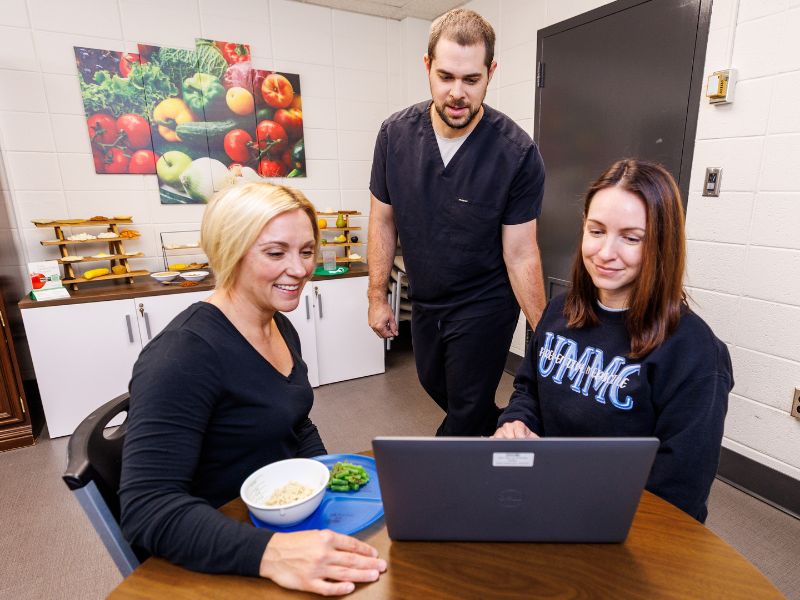
Cancer treatment involves more than chemotherapy, radiation or surgery — it requires care for the whole person: body, mind and spirit.
That’s why Skyla Mitchell, a licensed master social worker in Jackson and a breast cancer survivor, enrolled in Survivor University, a free online educational and support program from the Cancer Center and Research Institute at the University of Mississippi Medical Center.
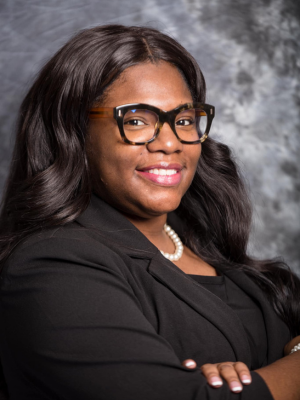
“Survivor University was a blessing in my journey,” Mitchell said. “The program gave me the tools, education and emotional support I needed to navigate life beyond a cancer diagnosis. It helped me better understand my care plan, manage the emotional side of survivorship and connect with others who truly get it.”
Holistic health care through CCRI also includes cancer care focused on nutrition, movement and counseling at UMMC’s Lifestyle Medicine Clinic.
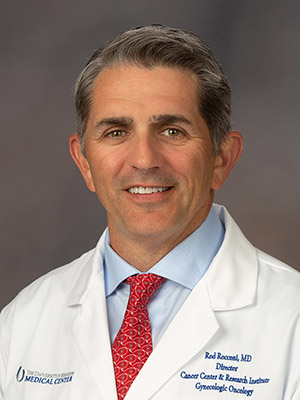
“Specialists and subspecialists across UMMC are collaborating to provide comprehensive, patient-centered care,” said Dr. Rod Rocconi, Ergon Chair for Cancer Research and director of the CCRI. “We offer expertise and advice to Mississippians that spans the entire cancer journey, from diagnosis and treatment to survivorship and beyond.”
Lifestyle Medicine
Survivor University is joined by Lifestyle Medicine Cancer Care from UMMC’s Lifestyle Medicine Clinic, which offers group classes and one-on-one guidance to help cancer patients harness the power of everyday choices to feel their best throughout their cancer journey. It is the only lifestyle medicine clinic in the state and the only cancer lifestyle medicine clinic in the south.
“Cancer treatment is more than chemo, radiation and surgery,” said Melissa Wood, a board-certified family nurse practitioner at the Lifestyle Medicine Clinic. “Here, treatment includes the whole person and how nutrition, activity, sleep and stress management can help mitigate the symptoms of cancer and the side effects of cancer treatment.”
Buck Covington, a clinical exercise physiologist who specializes in treating cancer patients, said cancer can send patients on a downward spiral, which can make activities difficult.
“We work to offset that slide down,” he said. “It’s not only about quality of life during cancer treatment but extending life beyond cancer treatment.”
Covington and exercise physiologist Tommy Berg work with patients, assessing their balance, overall muscle mass and aerobic function to find ways to strengthen them.
“That could help them with activities of daily living, such as carrying groceries upstairs or getting in and out of the car to activities they like to do, such as being able to pick up and play with grandchildren, biking or going for a walk.”
Movement is an essential part of cancer treatment, Berg said.
“Exercise is a component of care and can help counteract the loss of muscle mass during chemotherapy and radiation treatments,” he said.
Nutrition is needed to fuel cancer recovery, said Rebecca Turner, a registered dietitian at the clinic.
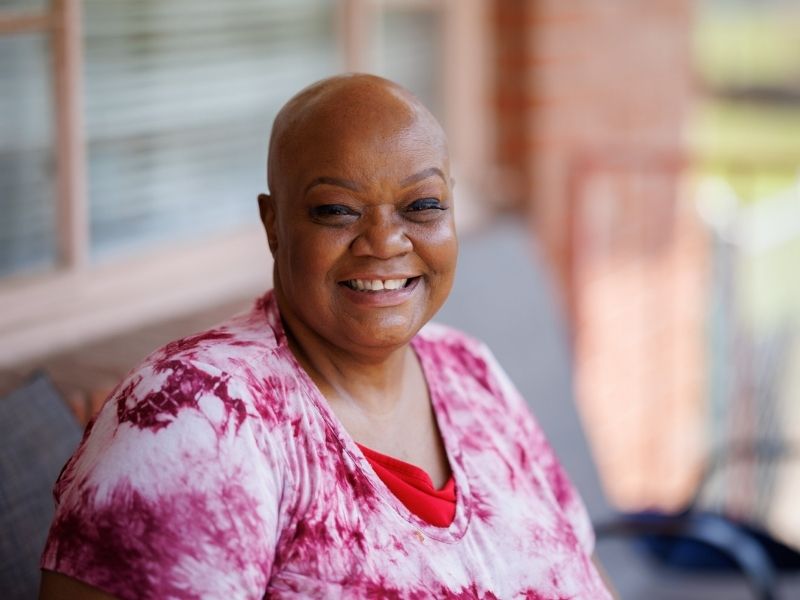
“Eating well can help you feel better, have more energy, cope with treatment side effects, be less likely to get an infection and more likely to heal and recover faster,” she said. “Throughout your cancer journey, particularly when you’re in treatment, the worst thing to do is go on a diet to lose weight. Right now, we’re focused on nourishing you and making sure you have the right nutrients on board to get you through whatever you may be facing.”
“It’s important to begin your cancer treatment well-fed and think of nutrition as another weapon against cancer.”
Sharon McAllister, a Survivor University alumna from Jackson, is making strides in her health through Lifestyle Medicine. Treatments have focused on “mind, diet and physical activity,” she said.
“I do everything they tell me to do,” she said, “and it works.”
Survivor University
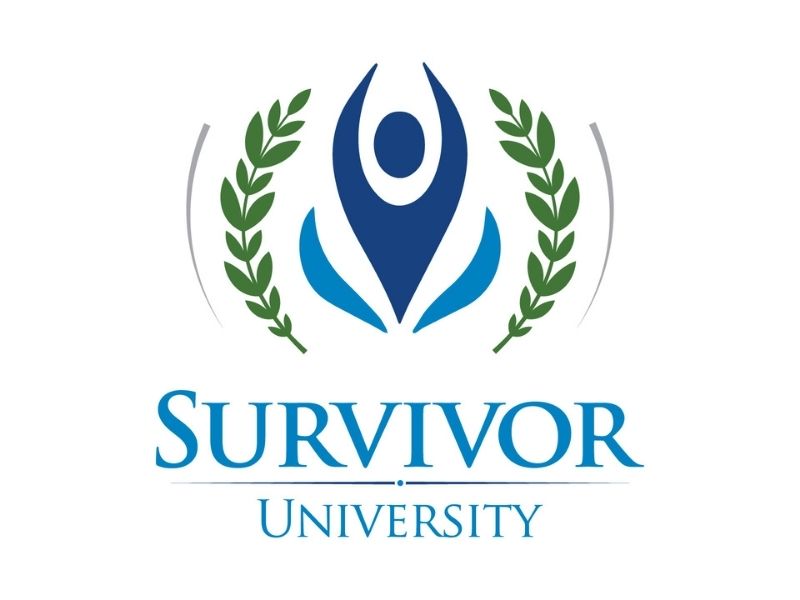 Survivor University classes are free for Mississippians who have been diagnosed with cancer and their caregivers. Enrollment is ongoing, with sessions offered throughout the year as participants register.
Survivor University classes are free for Mississippians who have been diagnosed with cancer and their caregivers. Enrollment is ongoing, with sessions offered throughout the year as participants register.
“Cancer survivorship is about more than curing disease — it’s about restoring health, hope and wholeness,” said Dr. Leslie Musshafen, associate director of administration at the CCRI and assistant professor in the Department of Preventive Medicine. “I developed Survivor University to bridge the gap between treatment and total wellness by focusing on evidence-based factors from nutrition and movement to mental and emotional well-being. It reflects our commitment to ensuring that every Mississippian, no matter their circumstances, has access to world-class, compassionate care right here at home.”
During the free program, participants engage with community experts, UMMC providers and local organizations that offer care and resources to cancer survivors.
Topics include mindfulness and emotional wellbeing, navigating appearance changes, nutrition and physical activity, enhancing sleep, side effects of treatment, building resilience and more.
For Mitchell, Survivor University helped her “stay hopeful, even on the hardest days.”
“Most importantly, it reminded me that surviving is more than getting through treatment,” she said. “It’s about learning to thrive afterward. I would absolutely recommend Survivor University to others. It creates a safe, empowering space for survivors to heal, grow and feel seen. It’s a program that brings hope to life.”
Research shows that positive health behaviors, such as improvements to survivor self-efficacy, are vital pieces of a holistic approach to cancer care. Promoting self-management can empower cancer patients and increase their potential to overcome issues associated with the disease.
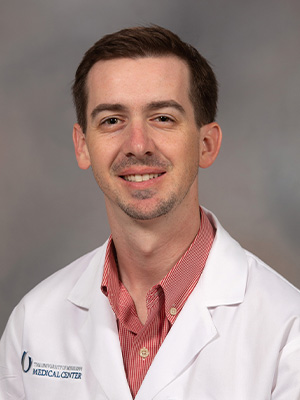
“Survivor University is an excellent way to connect patients with needed information and resources such as the ACT Center for Tobacco Treatment, Education and Research,” said Dr. Jonathan Hontzas, director of the center.
The ACT Center offers free smoking cessation counseling and care.
“Quitting smoking is a vital component across the cancer care continuum,” he said. “The focus, traditionally, has been on prevention. However, recent studies show the significant value of cessation before and during the early stages of treatment. It not only improves survival for the malignancy being treated, but also for secondary conditions such as COPD, heart disease and more. Survival is improving, and survivorship is a vital part of the continuum."
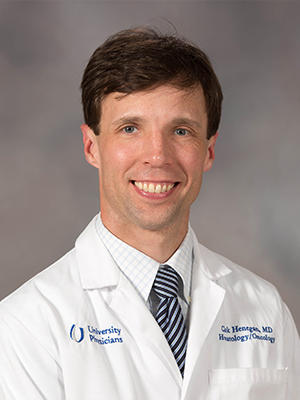
Some patients can be caught in a gap between oncology and primary care, said Dr. Clark Henegan, professor of medicine and associate director of clinical trials at CCRI.
“Survivor University strives to help fill that gap with its education outreach program,” he said. “This free, statewide program for cancer survivors is one of the most meaningful programs UMMC has developed since I have been here, and its existence makes me proud to say I work at UMMC.”


